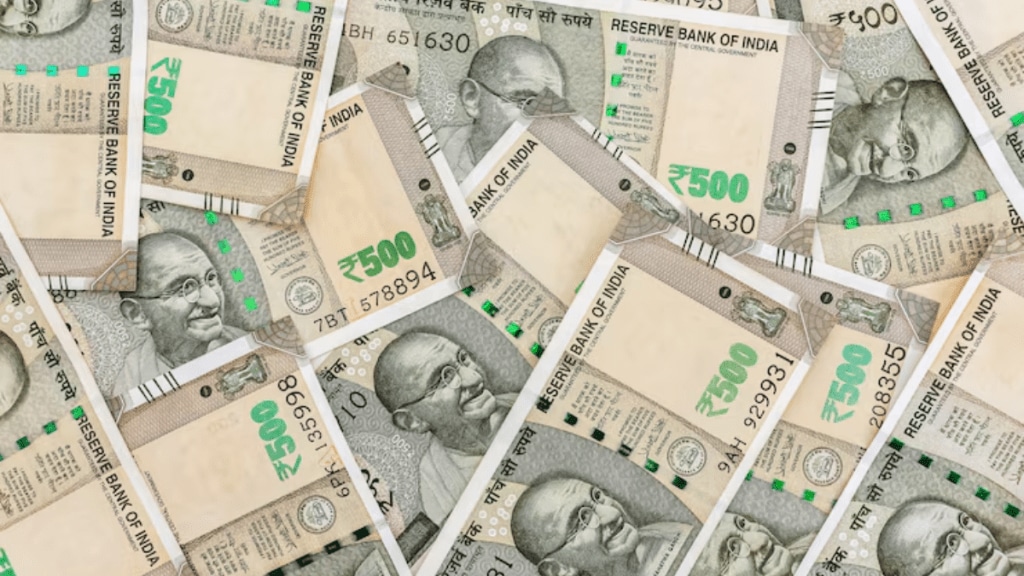Venture funding for digital lending startups in India has fallen by 21.23% this year, with a funding of $324.8 million from January to September 2025, as compared to $412.4 million during the same period last year, as per data sourced from Tracxn. This also throws light on the broader slowdown of domestic VC activity despite the surge experienced in global markets riding on the backs of AI and hard tech investments.
Contrary to reports of a 50% fall, the numbers show a more measured decline. Of the 154 fintech deals reported in the period, only about 50 involved digital lenders. It varies from consumer lending platforms such as Fibe, Kissht and KreditBee to credit marketplaces such as BankBazaar, and SME-focused lenders such as Flexiloans and Indifi.
Furthermore, the VC funding for alternative lending experienced a decline of 12.9% this year, with a funding of $380.7 million from January to September 2025, as compared to $437.3 million during the same period last year.
When the RBI raised the risk weightage for credit cards and unsecured consumer credit to 125% in 2023, this also led to banks cutting exposure. Rising defaults on collateral-free loans have added to the pressures, while investors switched focus away from growth to profitability, asset quality and governance. Some of the players, like Kissht and Aye Finance, now look towards the public market to release valuations.
India’s broader VC slump
The weakness in digital lending comes against a backdrop of a wider slowdown in Indian venture capital activity. Indian start-ups raised $2.7 billion across 316 deals in April–June 2025, down 13% both year-on-year and sequentially, according to CB Insights. This accounted for just 3% of global venture flows in the quarter.
In the first half of 2025, total Indian venture funding stood at $5.7 billion, 11% lower than the $6.4 billion raised in the same period last year, as per YourStory Research. Deal size remained stable at 621 compared to 655 in H1 2024, implying lower cheque sizes. In comparison to the second half of 2024, when $7.2 billion was raised, H1 2025 inflows declined by 21%.
High-value deals were few, with eight start-ups receiving rounds of $100 million or more in H1 2025 alone, such as Infra. market, Darwinbox, Leapfinance, Zolve, PB Healthcare, Porter, Udaan and Jumbotail. Fintech maintained its position as the top receiving category at $1.4 billion, followed by consumer tech and e-commerce. Funding went to almost 70% of early-stage companies.
Global contrast
India’s slowdown in funding mirrors painfully against the worldwide bounce-back. Global venture investment reached $94.6 billion in April–June 2025, 34 % higher year-on-year and the second-highest since Q2 2022. The US alone provided $68.7 billion in 2,430 deals in Q2 2025. Of the 32 new global unicorns created, 21 came from the US, while Asia produced only three.
India’s funding slowdown contrasts starkly with the global rebound. Venture funding worldwide reached $94.6 billion in April–June 2025, up 34% year-on-year and the second-highest level since Q2 2022. The US accounted for $68.7 billion across 2,430 deals in Q2 2025. Out of 32 new global unicorns, 21 emerged from the US, while Asia managed just three. Top unicorns by valuation, Thinking Machines Lab, CHAOS Industries and Kalshi, were all US-based.
In the Asia-Pacific region, venture funding dropped to $12.9 billion in Q1 2025, the lowest in over a decade, according to KPMG. China’s inflows halved to $6 billion quarter-on-quarter, while Japan slipped below $1 billion. Singapore alone deviated, doubling its funding to $1.7 billion.
Across the world, VC investment rose to an 11-quarter record of $126.3 billion in Q1 2025, driven by megadeals in aerospace and AI. Hard-tech firms like World View ($2.6 billion), Anduril ($2.5 billion) and Montera Infrastructure ($1.5 billion) were among the biggest deals.
